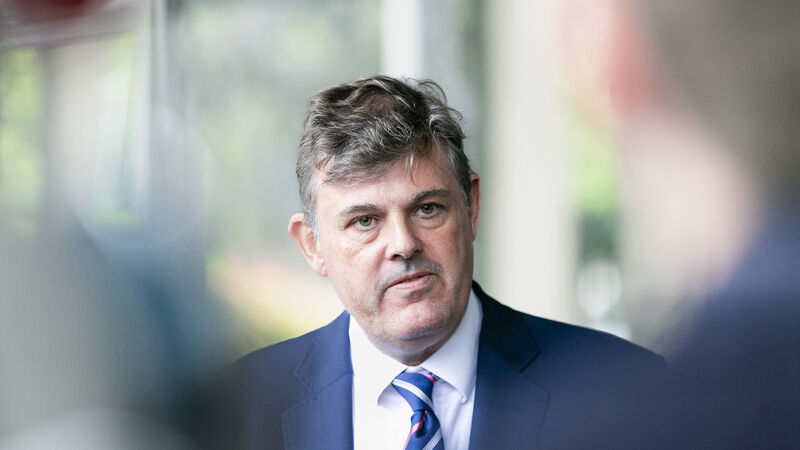Irish Examiner view: Promising start for RTÉ director general

RTÉ's new director general Kevin Bakhurst speaking to reporters in Montrose on Monday. Picture: Gareth Chaney/Collins
Try from €1.50 / week
SUBSCRIBEDirector general’s promising start
RTÉ’s new director general Kevin Bakhurst struck the right tone when, just after 7am yesterday, he emailed staff to say he was standing down the executive board of the broadcaster.
CONNECT WITH US TODAY
Be the first to know the latest news and updates
Newsletter
Sign up to the best reads of the week from irishexaminer.com selected just for you.
Newsletter
Keep up with stories of the day with our lunchtime news wrap and important breaking news alerts.
Newsletter
Sign up to the best reads of the week from irishexaminer.com selected just for you.
Tuesday, February 10, 2026 - 7:00 AM
Monday, February 9, 2026 - 5:00 PM
Monday, February 9, 2026 - 9:00 PM
© Examiner Echo Group Limited